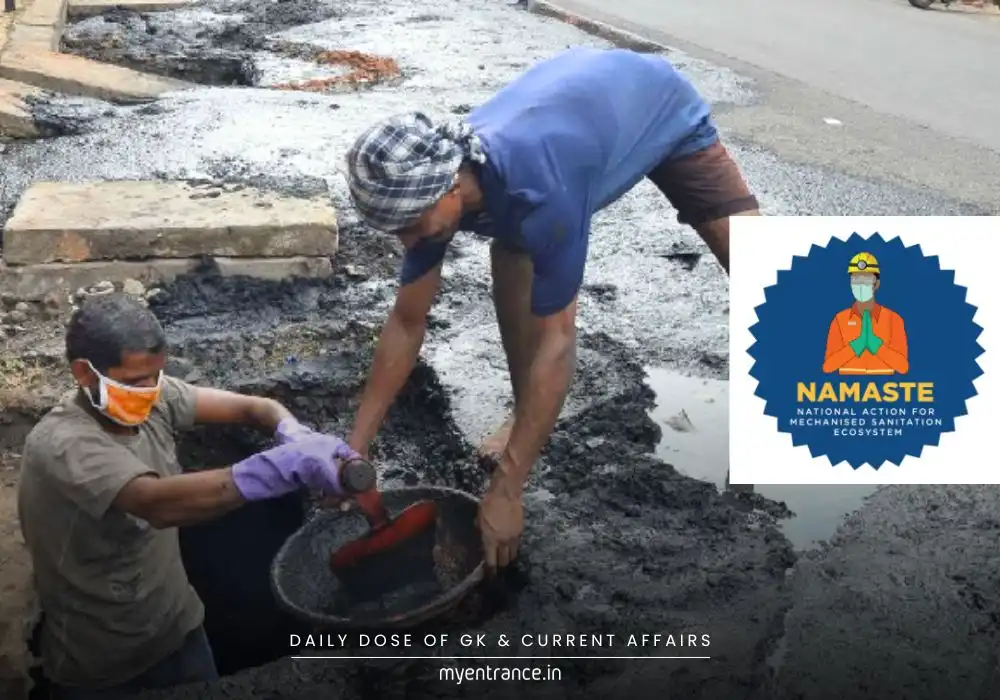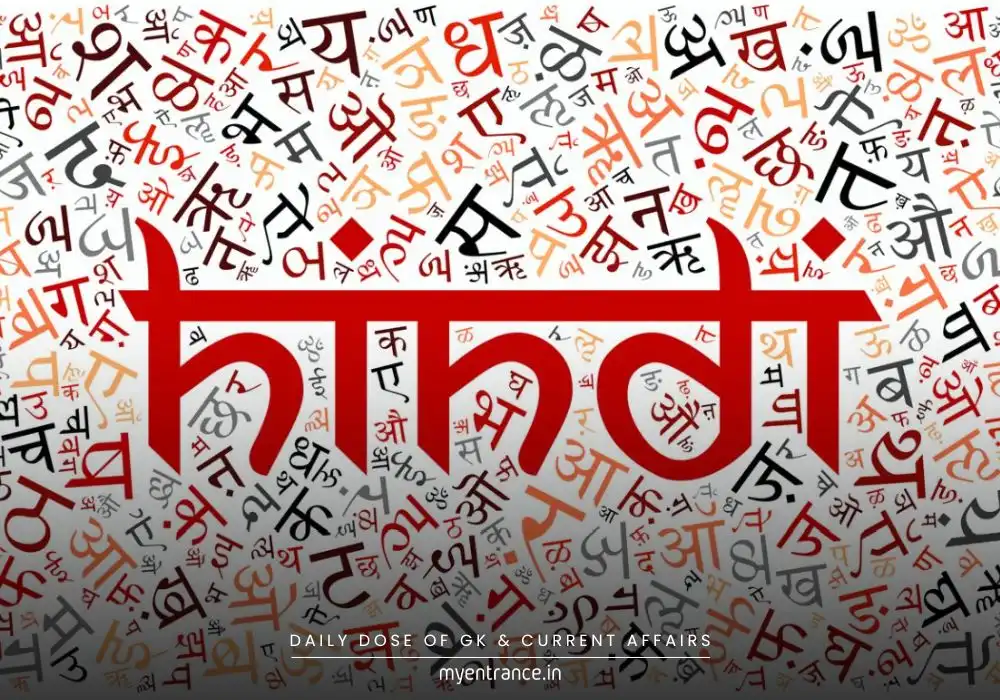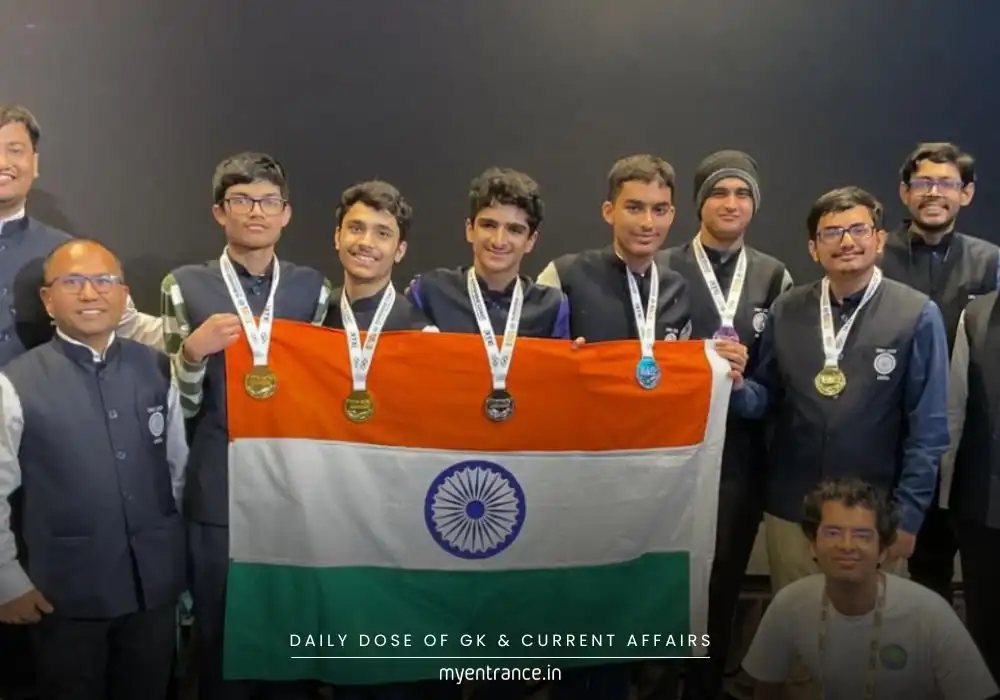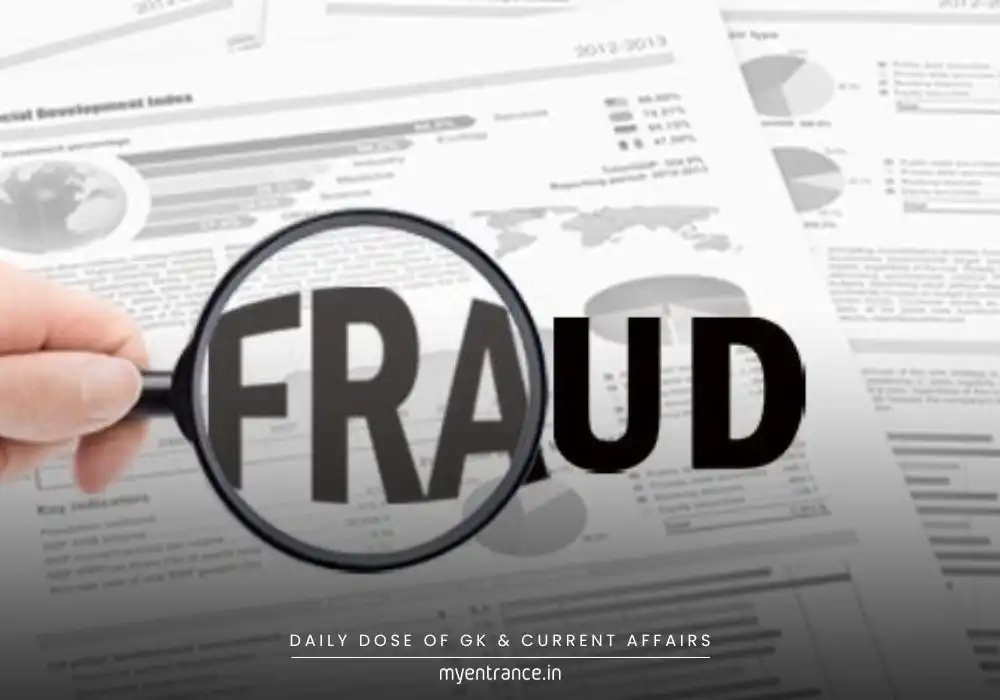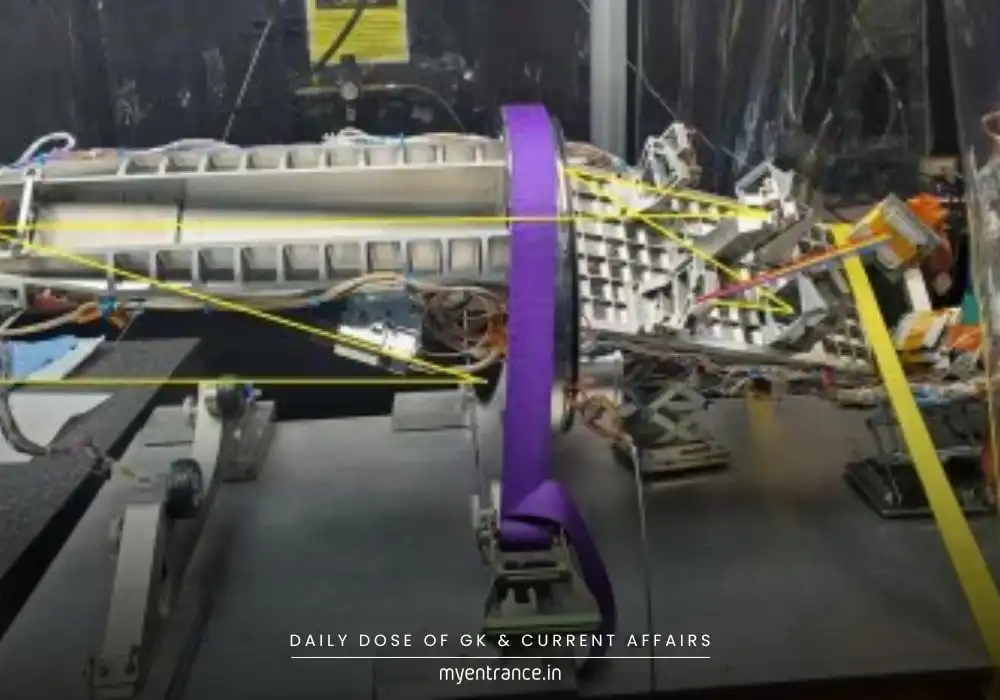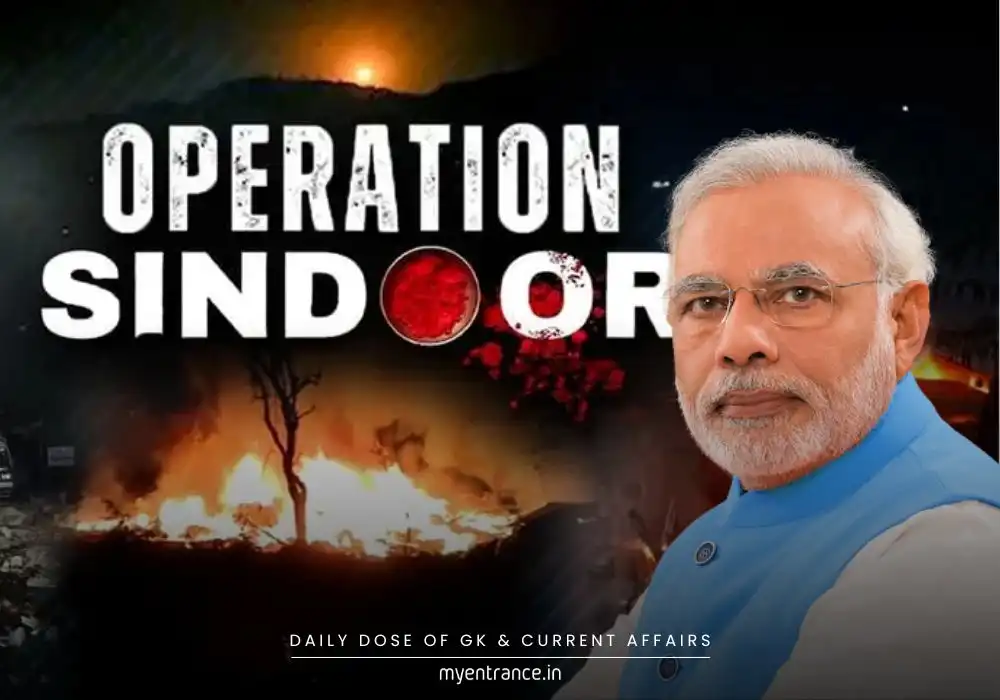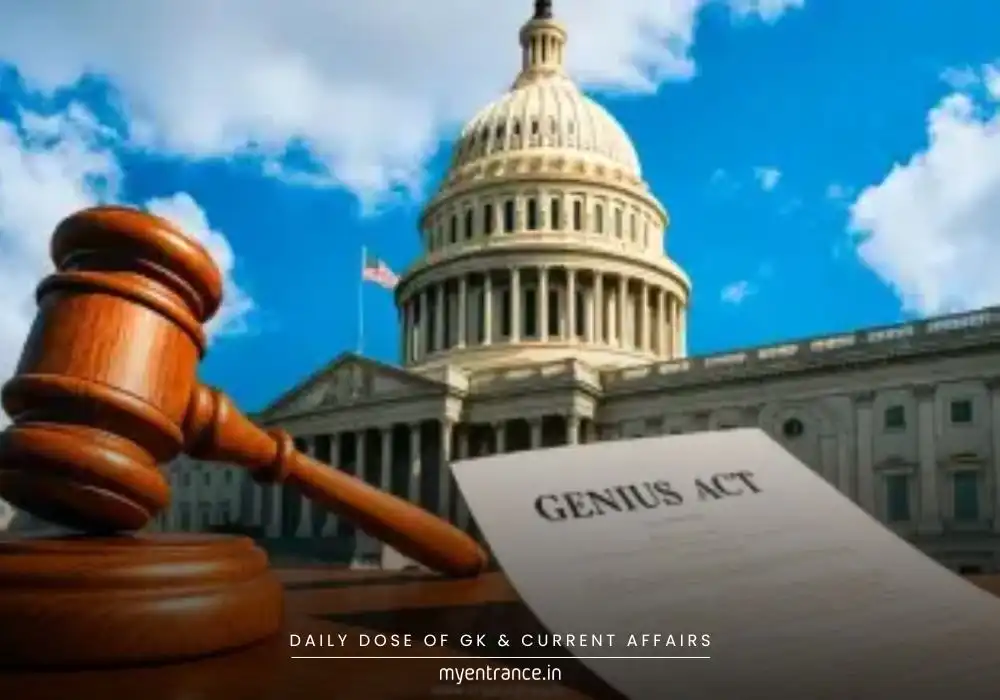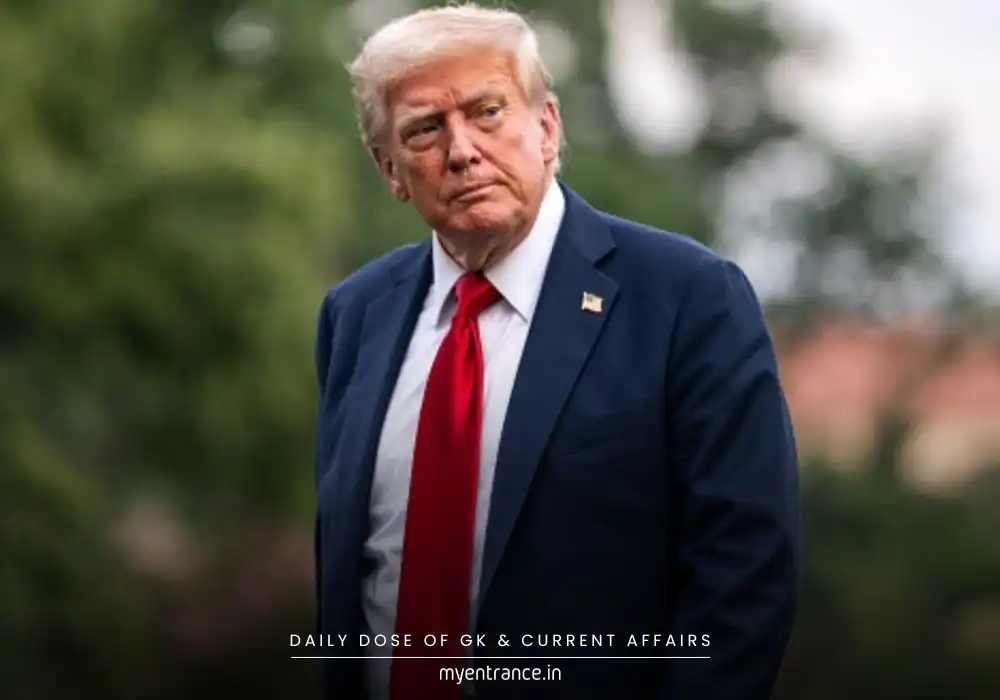Translate Language
Presidential Assent Timelines: Will SC Rewrite Its Own Verdict?
On July 22nd, India’s Supreme Court will examine a Presidential reference challenging its own April verdict that set deadlines for Governors and Presidents to act on Bills. This hearing could reshape Centre-State relations and redefine constitutional powers – critical knowledge for competitive exams.
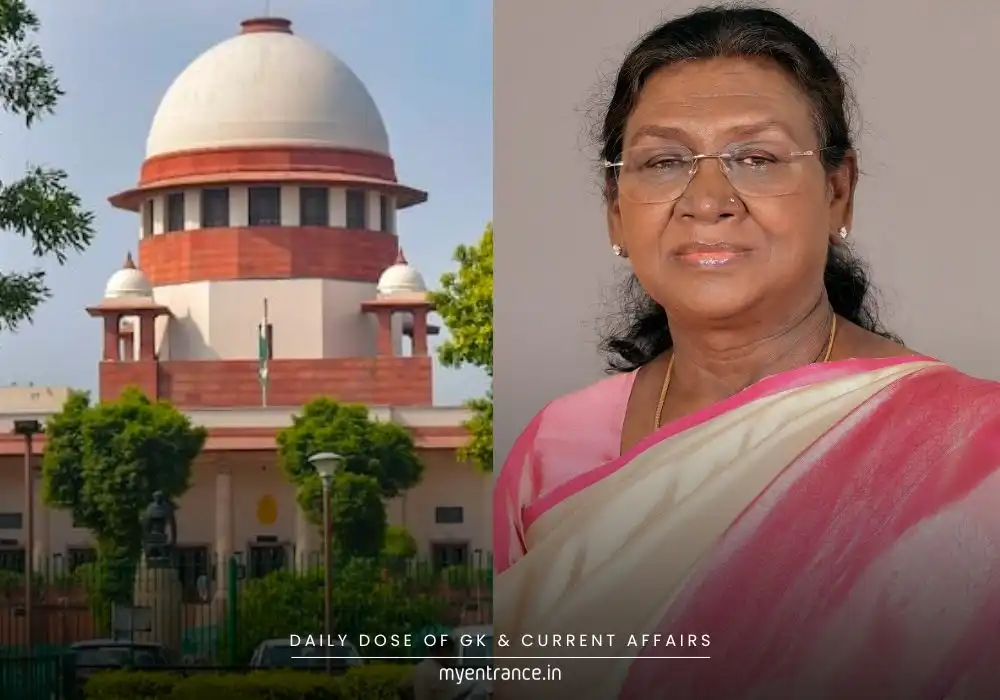
The Core Conflict: Timelines vs. Constitutional Discretion
In April 2024, the Supreme Court made a landmark ruling: Governors must act on state Bills quickly, and Presidents should decide on reserved Bills within three months. Crucially, the Constitution (Articles 200-201) never specified such deadlines. This ruling aimed to prevent indefinite delays in governance.
Now, President Murmu has formally asked the Supreme Court (under Article 143) whether this judicial imposition of timelines is valid. Her reference raises 14 key questions, including:
Can courts review how Governors/Presidents use their constitutional discretion?
Does Article 361 (which shields Governors from legal action) block judicial review entirely?
Without constitutional deadlines, can judges create binding timelines?
Can the Supreme Court use its extraordinary powers (Article 142) to override presidential/gubernatorial decisions?
This July 22nd hearing isn’t just legal procedure – it’s a fundamental debate about:
Judicial Overreach vs. Accountability: Are courts overstepping, or filling crucial gaps?
Centre-State Tensions: Delayed assent often strains federal trust.
Unwritten Conventions: The Constitution assumes functionaries act promptly. What happens when they don’t?
What’s Next?
A 5-judge bench will review this reference. While the Court can refuse to answer (it has before), its opinion could either reinforce the April ruling or redefine the limits of judicial intervention in executive functions.
Q&A for Exam Prep:
Q1: Under which article did the President refer the ‘bill assent timeline’ issue to the Supreme Court?
A1: Article 143 (Advisory Jurisdiction of the Supreme Court).
Q2: What key deadline did the SC’s April 2023 verdict impose on the President?
A2: A 3-month deadline to decide on Bills reserved for presidential consideration (Article 201).
Q3: Why is Article 361 significant in this Presidential reference?
A3: It grants immunity to Governors from court proceedings, raising questions about judicial review of their actions under Article 200.
Q4: Can the Supreme Court decline to answer a Presidential reference?
A4: Yes, under Article 143(1), the Court may report its opinion – indicating discretionary power to refuse.
Q5: How does delayed gubernatorial assent impact Centre-State relations?
A5: It creates friction, undermines elected state governments, and disrupts cooperative federalism by allowing unelected officials to stall legislation indefinitely.
Get 3 Months Free Access for SSC, PSC, NIFT & NID
Boost your exam prep!
Use offer code WELCOME28 to get 3 months free subscription. Start preparing today!

